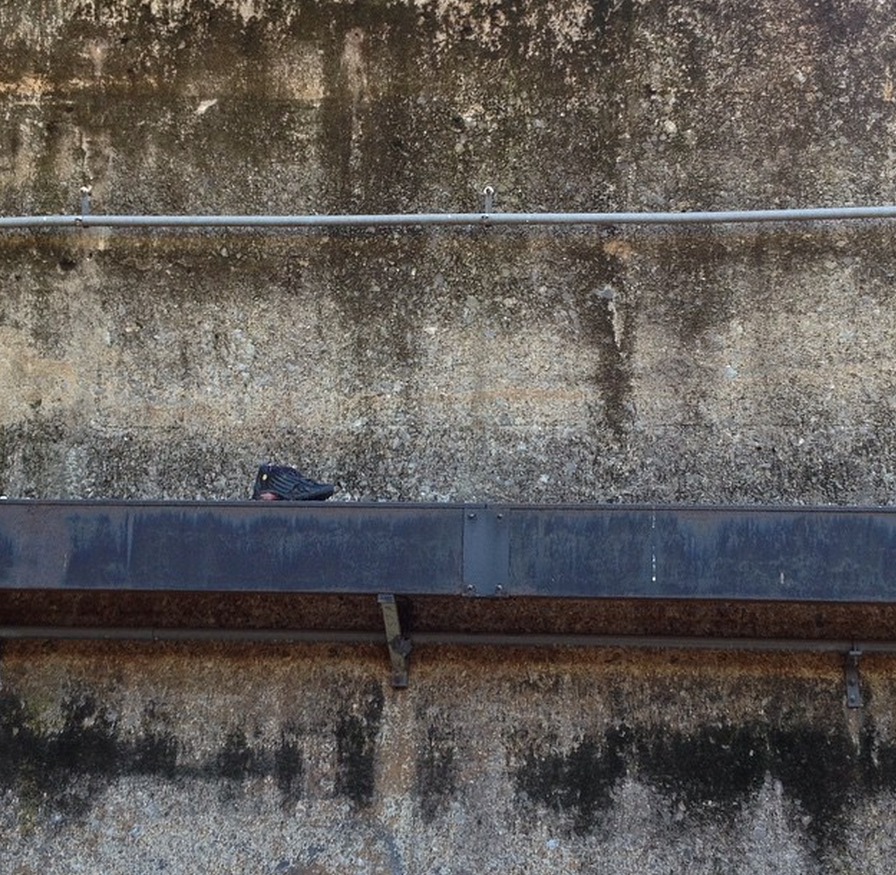
Motivation doesn’t happen to us, it happens in us.
Which means the question we should ask ourselves is, what is the cost of inaction?
After all, if the pain of staying the same doesn’t outweigh the pain of change, then we will never create a strong enough reason to motivate ourselves. It’s the simple calculus of human motivation.
People rarely do anything about their pain until it gets to the point where they just can’t take it anymore.
What we really need is a healthy sense of disgust.
One of my fake inventions was to create app for people who can’t work out alone.
Fitbud would be a calendar and meetup service for gyms and fitness centers who want to help unmotivated members meet their fitness goals. No longer would unmotivated people lean on the excuse that they don’t have an accountabilibuddy.
Now people can get connected, get guns, and get their life moving in a healthy direction.
Fitbud makes sure people never sweat alone again.
It’s a cool idea, but despite my incorrigible optimism, it might be too positive to work. Won’t change the fact that people’s fear of taking action is probably great enough to cause them to cling onto their current state.
Maybe what people really need is a social mirror function that reflects their sad state of affairs back to them. Not to the point that they lose all faith and hang themselves with a bungee cord, but just enough disgust so that the cost of staying where they are isn’t worth it anymore.
Maisel takes a humanistic approach to motivation. He writes in his encouraging book on depression that when a meaning crisis occurs, we become emotionally unwell, usually calling the experience depression. But rarely do we recognize that a meaning event has just occurred and that, in order to feel better, we must take action by making new meaning.
The secret that his philosophy taught me was, we don’t even need to take that much action in the beginning. All we need is that little spark of disgust at what our lives have become to compel us to lift ourselves up out of the mud for, say, sixty seconds, just to get started doing something, hell, anything, and we might just accrue enough momentum to pull ourselves out.
Because each time we take action, we strengthen the motivating force behind that action. Making it easier the next time, and the next time after that, and the next time after that, and so on and so forth until motivation has become second nature.
It’s simply calculus. The pain of staying where we are must outweigh the pain of changing.
If we want to create a new expectation about our ability to motivate ourselves, then we need to train ourselves to evaluate whether our distress is significant enough to compel action.
LET ME ASK YA THIS…
Is your fear great enough to cause you to cling onto your current state?
